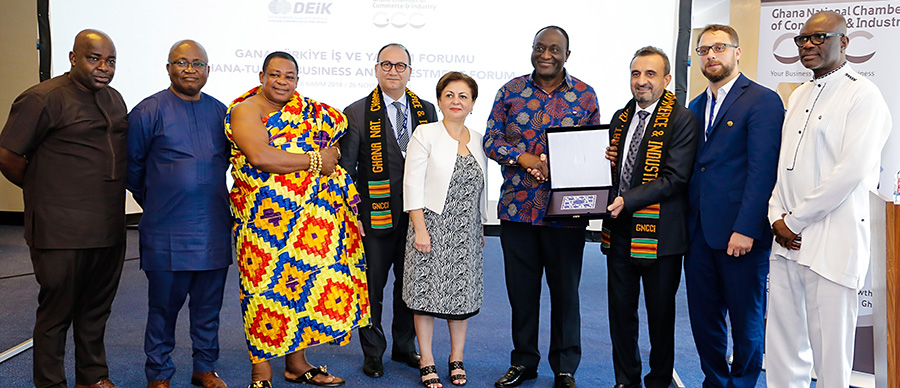Ghana defied the pandemic to record $829.29 million worth of foreign direct investment (FDI) in the first half of 2021, a clear signal of the West African country’s attractiveness to investors.
The FDI amount of $829.29 million was a remarkable increase of 32.15 percent in inbound FDI compared to the FDI value of $627.52 million recorded in the same period last year, according to the Ghana Investment Promotion Centre (GIPC).
“This strong FDI performance in the first half of the year was driven by success in key sectors, including the services sector with 63 projects at an estimated value of $597.63 million, the manufacturing sector with 24 projects at a value of $98.74 million, as well as general trading and Building and construction with FDI values of $41.87 million and $22.63 million respectively”, the body said.
With operations at full capacity, GIPC said, the projects registered so far, have the potential to generate 8,931 jobs, thereby improving aggregate employment.
According to GIPC data, 8,091 (90.59 percent) of these positions will be for Ghanaians, while the remaining 840 (9.41 percent) will be for non-Ghanaians.
Ghana’s largest investment partners over the recorded period were Singapore with $307.50 million, Australia with $204.01 million, India with $61.57 million and the Netherlands bringing in $46.80 million. Both the United States and China also made large investments.
Ghana’s success story isn’t widely replicated across the world. The United Nations Conference on Trade and Development (UNCTAD), observes that the COVID-19 pandemic has had a significant impact on global FDI flows, as global FDI decreased by a third to $1 trillion in 2020, considerably below the ten-year trough experienced during the global financial crisis.
However, UNCTAD anticipates that Global FDI flows are likely to recover some ground in 2021, with a 10 to 15 per cent growth.
Much of Ghana’s success has been attributed to the activation of the Ghana COVID-19 Alleviation and Revitalization of Enterprises (CARES) programme, as well as the timely roll out of several government incentives which prompted a quick recovery of the Ghanaian economy.

